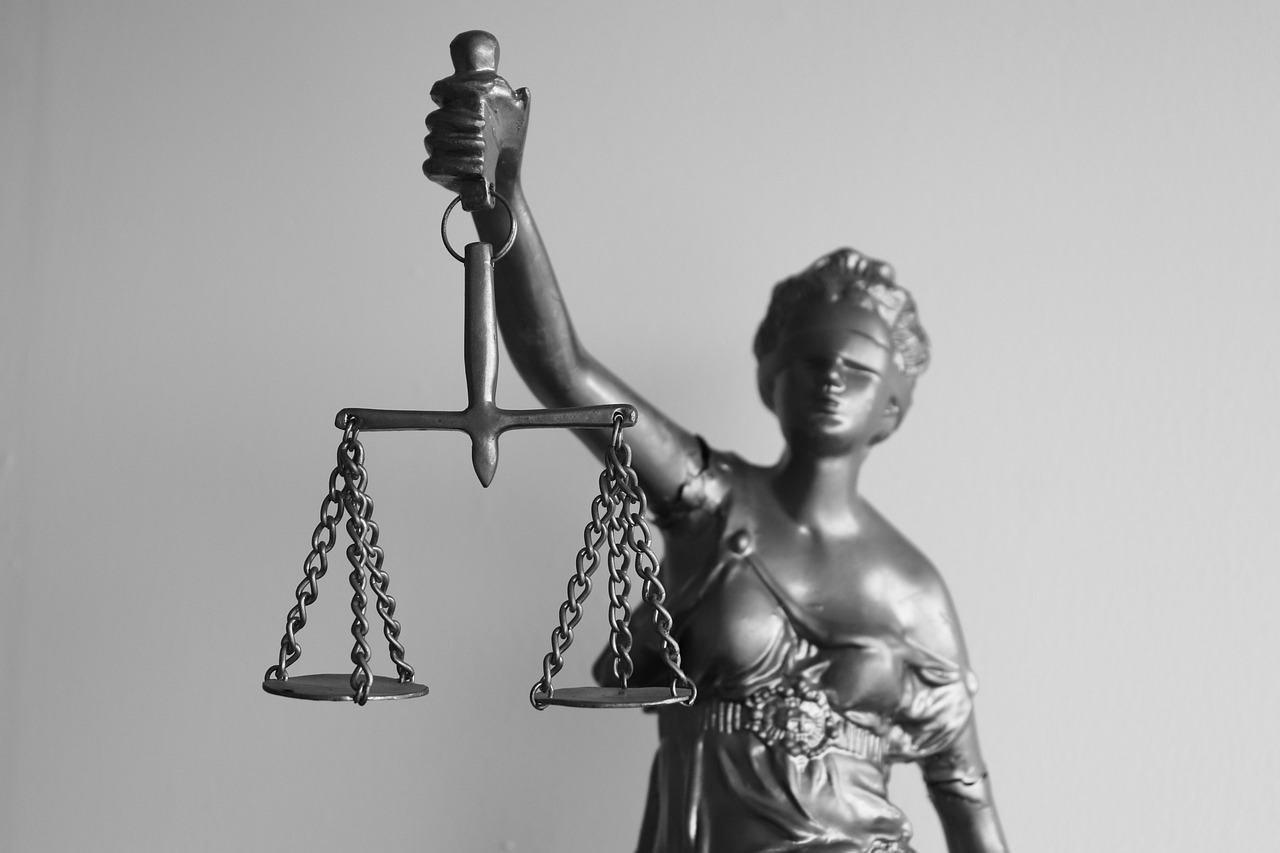Special Counsel Requests Dismissal of Trump’s Election Interference Case
In a significant development, Special Counsel Jack Smith has petitioned a judge to dismiss the federal election interference case against Donald Trump, who is poised to assume the presidency again in January 2025. This move comes in light of the Justice Department’s longstanding policy that prohibits prosecuting a sitting president.
Smith’s recent filing asserts that the case should be closed due to constitutional constraints. He emphasized that it is not the merits of the case that dictate this outcome but rather legal precedents established by the Justice Department.
Smith remarked that the Constitution prevents the federal indictment of a sitting president, underscoring the legal complexities at play.
Implications for Trump’s Legal Battles
Trump has maintained his innocence, pleading not guilty to charges of conspiracy aimed at defrauding the United States and other allegations surrounding his attempts to overturn the results of the 2020 election. His spokesperson characterized Smith’s request as a “major victory for the rule of law.”
- The spokesperson highlighted that Trump was re-elected with a strong mandate and called for an end to perceived political biases within the judicial system.
The request signifies a pivotal moment in a protracted legal saga, especially after Smith had to revise charges against Trump based on previous Supreme Court rulings that granted him partial immunity while serving as president. This decision illustrates how legal interpretations can shift dramatically with changes in political power.
The Path Ahead for Trump
With Trump’s electoral victory in November 2024, several pending criminal cases against him are now uncertain. Notably, his sentencing related to a conviction in New York has been postponed indefinitely. Furthermore, another federal case regarding his handling of classified documents may also be rendered moot once he assumes office.
Legal experts have noted that Trump’s return to power could effectively eliminate his criminal challenges. Former federal prosecutor Neama Rahmani pointed out that established norms indicate a sitting president cannot be prosecuted.
Although Trump still faces state charges in Georgia concerning election interference efforts, progress on this front has stalled as appeals courts review prior rulings related to prosecutorial conduct.
As these legal battles unfold, many observers will closely monitor how they intersect with Trump’s potential presidency. The evolving landscape suggests that political and legal dynamics will continue to influence each other significantly in the months ahead.


